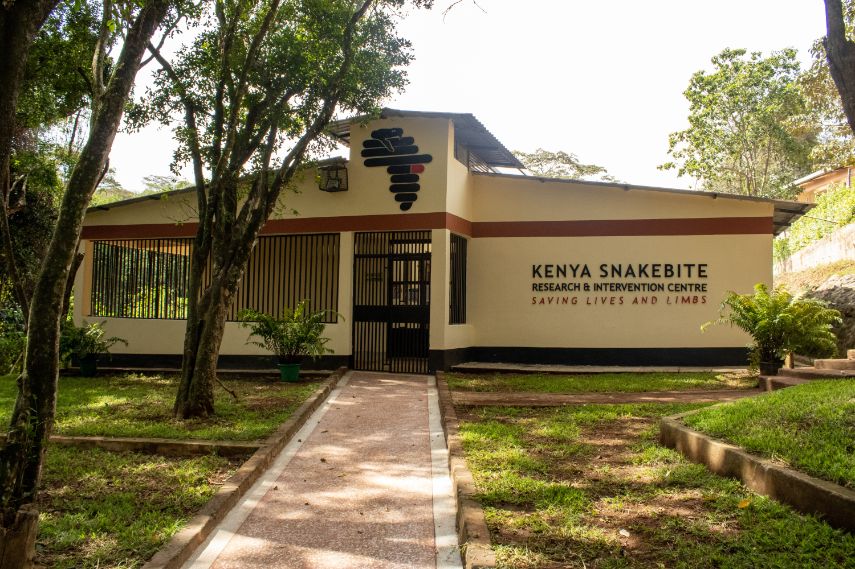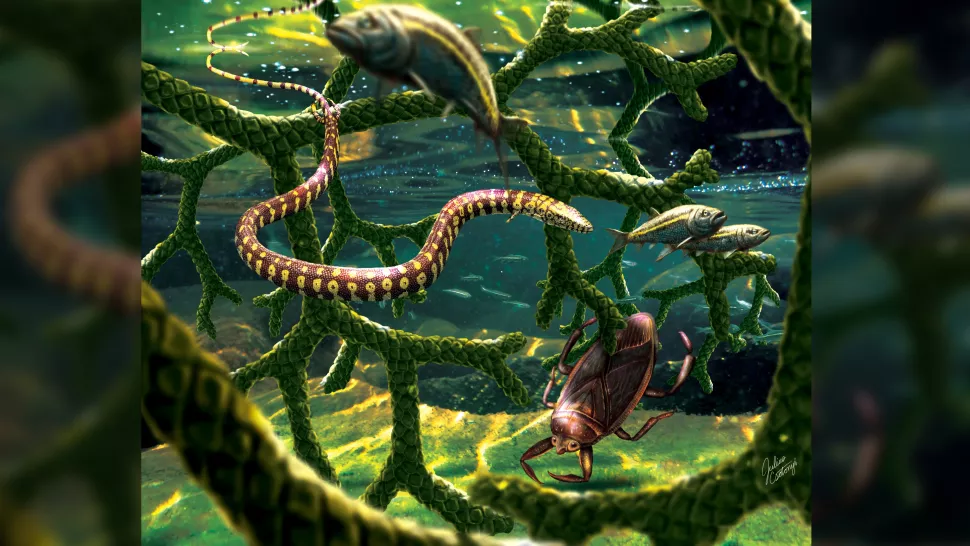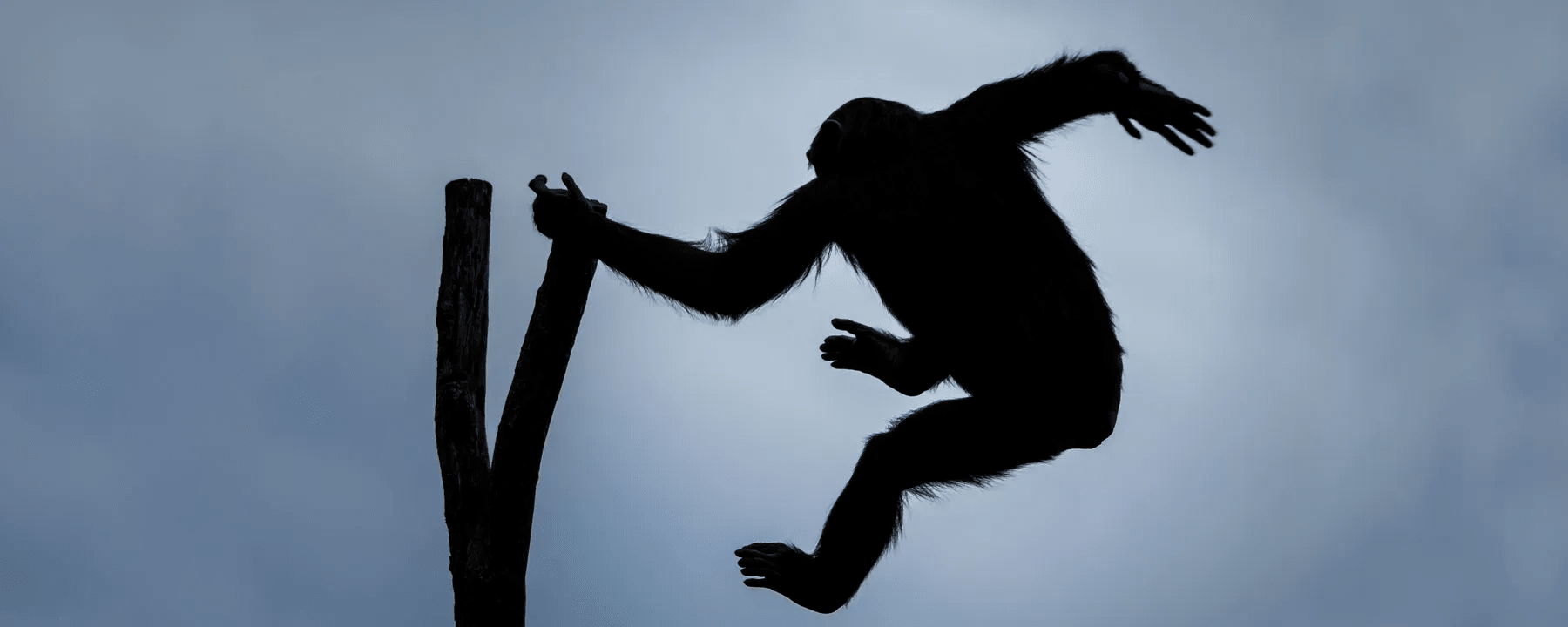Kenya Snakebite Research and Interventions


Established 2017 as a Centre of excellence in snakebite research and interventions. The key strategic objective is to undertake multi-disciplinary research activities leading to better diagnosis and therapies for snakebite; while working towards community-based model interventions systems – the primary goal of saving the lives and limbs of those afflicted with snakebite.
Research Objectives
- Provision of expert advice on clinical and biological aspects of snakebite
- Determining the incidence, mortality, morbidity and socioeconomic impact of snakebite
- Establishing the first Antivenom Quality Control Unit in sub-Saharan Africa
- Establishing the first centre for research on snakebite therapy, diagnosis and basic biology
OUR RESEARCH PUBLICATIONS
HEAD OF DEPARTMENT

Name: Dr. George Adino
Title: Programme Lead
DEPARTMENTAL NEWS

4-legged 'snake' fossil is actually a different ancient animal, new study claims
A dinosaur-age fossil heralded as the first four-legged snake known to science might actually be an entirely different beastie, a new study claims….
Threats and outbreaks of cholera in Africa amidst COVID-19 pandemic.
Every year, about 4 million cases and 143,000 deaths due to cholera are recorded globally, of which 54% were from Africa, reported in 2016. The outbreak and spread of cholera have risen exponentially particula…
Alu Leap May Explain Why Apes Don’t Have Tails
he presence of a transposable element might explain how humans and our great ape cousins lost our tails about 25 million years ago.







